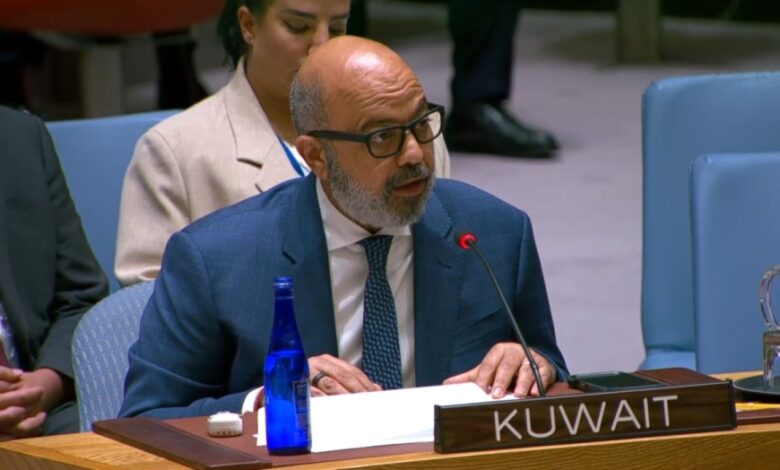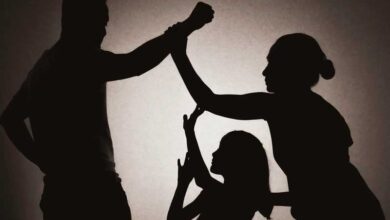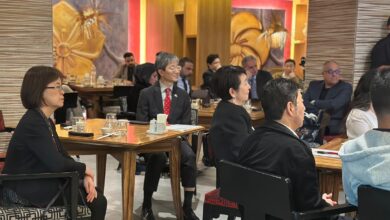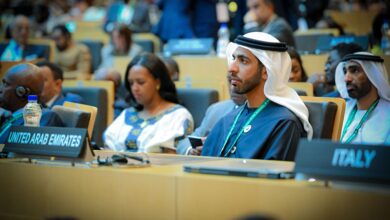Kuwaiti women are key partners in peace, security, and nation-building: Al-Bannai
Women’s empowerment extends beyond protection from violence and conflict. It encompasses the full exercise of their economic, social, and political rights, ensuring access to education and healthcare, and fostering community security and sustainable development.

- Women represented only 7 percent of participants in peace negotiations last year, and that just 31 percent of peace agreements included references to women or gender equality. These figures demonstrate how the exclusion of women undermines peace processes and diminishes the prospects for lasting stability.
- Kuwait has long viewed women as integral partners in national development, a principle enshrined in the Kuwaiti Constitution, which guarantees equality, justice, and equal opportunities
The State of Kuwait reaffirmed that women should not be viewed merely as victims of conflict or as parties requiring protection, but as genuine partners and essential contributors to peacebuilding and community development.
This stance was articulated by Kuwait’s Permanent Representative to the United Nations, Ambassador Tariq Al-Bannai, during a UN Security Council session on women, peace, and international security.
Al-Bannai emphasized that women’s empowerment extends beyond protection from violence and conflict. It encompasses the full exercise of their economic, social, and political rights, ensuring access to education and healthcare, and fostering community security and sustainable development.
Citing the report of UN Secretary-General António Guterres, Al-Bannai highlighted the major challenges facing the Women, Peace, and Security (WPS) agenda—25 years after the adoption of UN Security Council Resolution 1325 (2000).
He expressed concern that women represented only 7 percent of participants in peace negotiations last year, and that just 31 percent of peace agreements included references to women or gender equality. These figures, he said, demonstrate how the exclusion of women undermines peace processes and diminishes the prospects for lasting stability.
Al-Bannai called for ensuring at least one-third representation of women in all political mediation and negotiation efforts, stressing that women must be recognized as “indispensable partners in building a more stable and just future.”
He also voiced alarm over the decline in funding for the WPS agenda—particularly direct funding for local women’s organizations, which serve as the first line of response in conflict-affected communities.
The ambassador reaffirmed that Kuwait has long viewed women as integral partners in national development, a principle enshrined in the Kuwaiti Constitution, which guarantees equality, justice, and equal opportunities. He noted that Kuwait has enacted progressive laws and policies to promote women’s participation in public life and decision-making, in alignment with the national vision “New Kuwait 2035.”
Al-Bannai pointed to the establishment of the National Committee for the Implementation of Resolution 1325, chaired by the Ministry of Foreign Affairs and led by a woman. The committee includes representatives from various government institutions and civil society organizations.
Through this committee, Kuwait has achieved notable progress, including:
- The abolition of legal provisions restricting women’s rights,
- The inclusion of women in the army and police,
- The appointment of female judges and prosecutors, and
- The growing presence of women in leadership roles within the diplomatic corps, judiciary, and across the development, economic, and media sectors.
In his remarks, Al-Bannai paid tribute to Kuwaiti women, who have long been a cornerstone of the country’s progress and social advancement. He also saluted the Palestinian woman, describing her as a symbol of endurance, dignity, and resistance in the face of injustice and aggression, noting the heavy toll borne by women and children under occupation.
He concluded by reaffirming Kuwait’s unwavering commitment to supporting women everywhere—especially Kuwaiti and Palestinian women—stressing that ensuring their rights, protection, and empowerment is a humanitarian, moral, and legal obligation that cannot be delayed.
— KUNA
Follow The Times Kuwait on
X, Instagram and Facebook for the latest news updates












